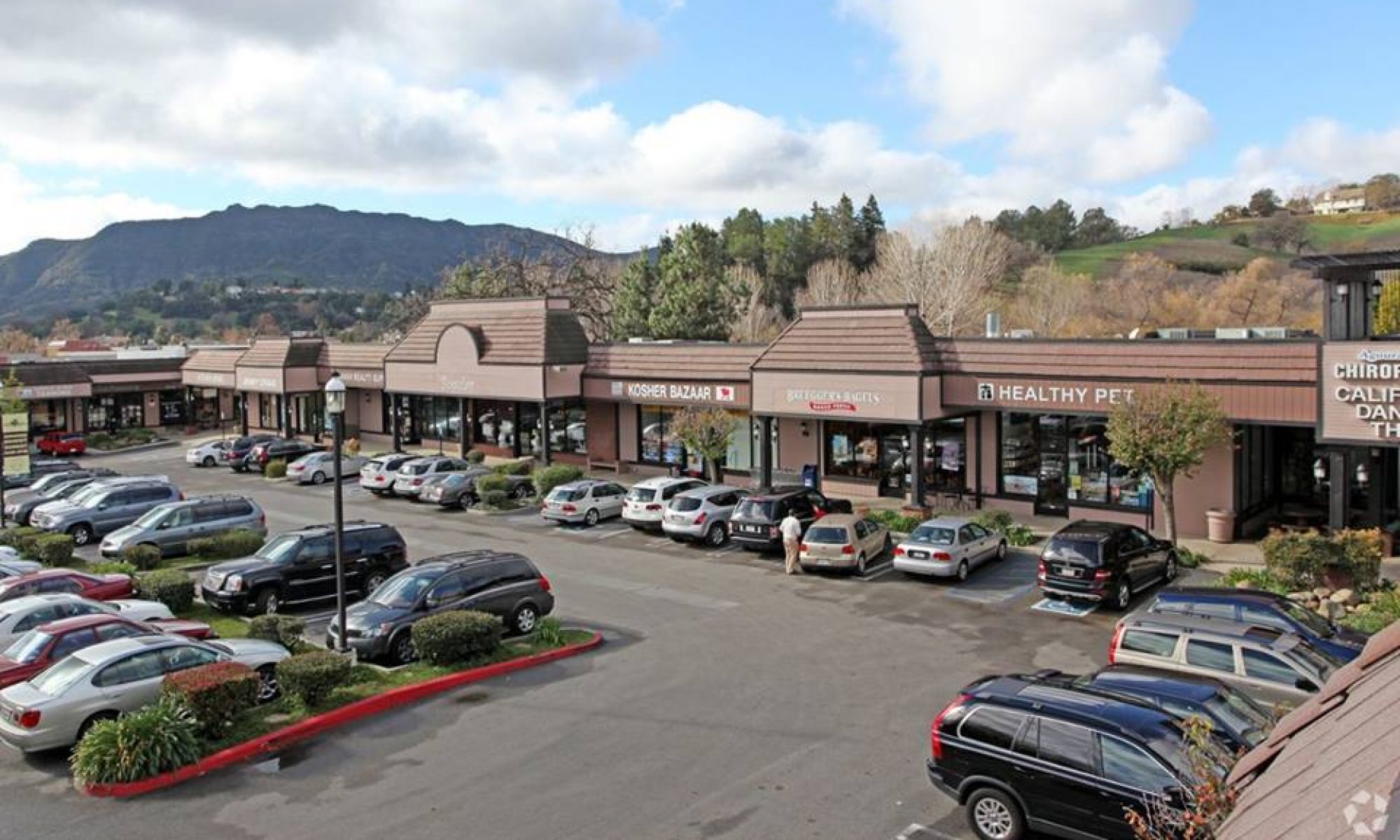Although the answer might seem obvious to some, this question is asked of me quite a bit in my role as a commercial real estate broker in California. Generally in California for retail, office and industrial properties (and I am going to focus only on these since these are the ones I specialize in), the landlord or seller of a commercial property pays your broker a commission for your broker bringing you to the property. Many people believe that commissions are negotiable. This is true to some extent in theory and legally. In reality, about 99% of the time there is a market standard commission in the commercial real estate industry for a particular type of commercial property lease or sale that everyone agrees to.
The total commission usually paid by a landlord or seller is 5-6% of the total rent over the lease term or the sale price. This commission amount can vary. This is especially true for more expensive properties for sale in excess of 10 million dollars. In those cases, the commission total is usually less and can instead be a set fee of say $200,000 as an example. The landlord/selling broker enters into a contract with the landlord/seller for the entire commission, but then has to split that in some fashion with a tenant/buyer broker unless the landlord/seller broker also represents the buyer. (This latter scenario is called a dual representation and something I strongly recommend against ever doing as a tenant/buyer for many good reasons; more here on this subject. In Southern California, the splits vary between the two brokers depending upon whether the deal was retail, office, industrial or other type of property.
Let’s assume a 6% leasing and sales commission for our examples that follow. Retail and industrial deals usually split the leasing/sales commission evenly (3% to each broker). Office deals usually pay 4% to the tenant’s leasing broker with the remaining 2% going to the landlord’s broker. But, for sales, the commission is split evenly. Therefore, in this example, it would be 3% to each broker. Note that industrial deals for leasing and sales tend to be at total of 5% and not 6%, but office and retail are usually 6%.
So, if you are a tenant or buyer, you can see that hiring your own broker to represent you doesn’t cost you anything. It also doesn’t make your deal more expensive, because the landlord/seller is already paying one commission and requiring his broker to split that fee with another broker as necessary.
Bottom line: It’s a no brainer to always have your own broker representing you when leasing or buying. It doesn’t cost you anything. Having your own broker should save you time, money and headaches. You do have to choose your broker wisely to get the most of them (more here on how to find a good broker).
If you want to learn more about leasing, buying and/or selling any and all types of commercial spaces or if you have questions about any subject related to commercial real estate, please contact David Massie of DJM Commercial Real Estate at david@djmcre.com or 805-217-0791.

